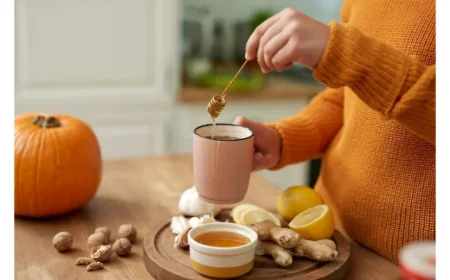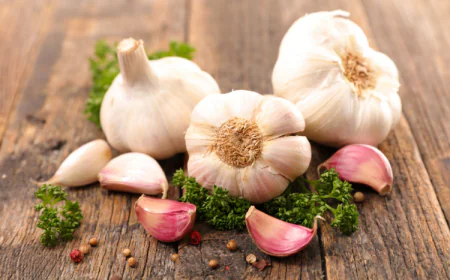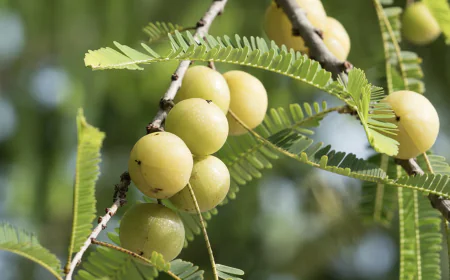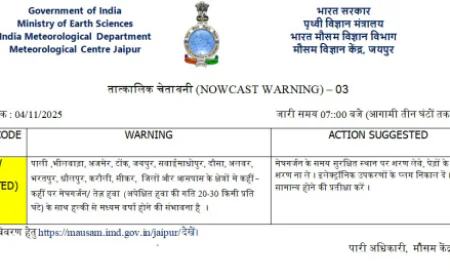Ayurveda Expert Warns Against Excessive Tea Intake During Winter
Tea in Winter: With the arrival of winter, people increase their tea consumption. But do you know whether excessive tea consumption in winter is beneficial or harmful for our body? Let's find out from experts.

The consumption of tea increases in the winter season. On a cold morning, starting the day with a hot cup of tea becomes a regular routine. Drinking tea during cold and dull weather is a delight; each sip brings comfort and a feeling of warmth. However, though tea is soothing and even beneficial, too much of it cannot do any good. According to Dr. Arjun Raj, an Ayurveda expert, having tea during winter can be helpful as long as it is in moderation, but it is better to avoid excessive intake, especially of caffeinated variants.
According to Dr. Raj, herbal and spiced teas such as Tulsi tea, Masala tea, and ginger tea are especially beneficial during the cold months. These teas not only help keep the body warm but also provide relief from seasonal issues like cough and mucus. Masala tea, made with spices like ginger, cinnamon, cardamom, black pepper, and cloves, is known for its warming effect and ability to strengthen immunity. Similarly, Tulsi tea helps boost the immune system, protects against infections, and offers relief from respiratory troubles. Ginger tea, on the other hand, supports digestion, reduces inflammation, and alleviates symptoms such as headaches, fatigue, and the common cold.
Despite these benefits, Dr. Raj cautions against over-consumption. Excessive intake of tea raises the level of caffeine in the body, leading to insomnia, restlessness, headache, and acid reflux. To derive the benefits safely, one should limit it to two or three cups a day and avoid taking it after meals. When consumed with consciousness, tea can be very comforting during winter, as it warms both the body and the soul with no compromise on health.
Want to get your story featured as above? click here!
Want to get your story featured as above? click here!





































.jpeg)



































































































